Life
-
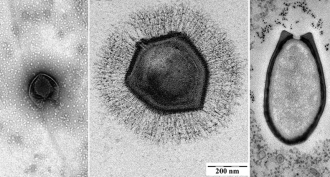 Microbes
MicrobesAnalyze This: These viruses are behemoths
Scientists keep finding larger and larger viruses. Just how big can these microbes get?
-
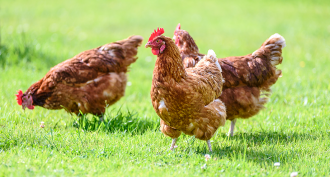 Agriculture
AgricultureBarnyard science: Check out this fowl research
New research shows how to store eggs, insulate homes with chicken feathers and slow fires with shells.
-
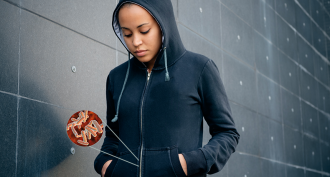 Brain
BrainBelly bacteria can shape mood and behavior
Our guts and our brains are in constant communication with the goal of managing a whole lot more than food digestion. Their conversations can affect stress, behaviors — even memory.
-
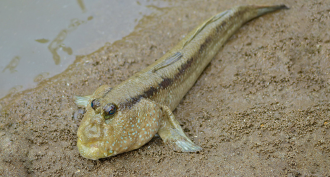 Ecosystems
EcosystemsA robotic fish could help mangroves grow
Reforested mangroves don’t always grow well. To figure out why, two teens built a robotic mudskipper to measure the mud.
-
 Brain
BrainNot all social media sites are equally likely to provoke anxiety
Most teens are on social media. Could these sites cause anxiety? A teen checks it out — and finds big differences.
-
 Tech
TechBad food? New sensors will show with a glow
Sensors that glow around dangerous germs could be built into packaging to warn people of tainted foods.
-
 Animals
AnimalsHunting hidden salamanders with eDNA
The Japanese clouded salamander is an elusive beast. To find a new population, three teens turned to high-tech methods.
-
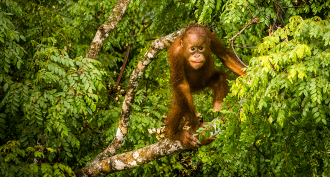 Environment
Environment‘Boot camp’ teaches rare animals how to go wild
Animals raised in captivity cannot safely re-enter the wilds without first understanding how to find food and avoid becoming a predator’s lunch. Scientists are helping some species learn this.
-
 Oceans
OceansSmall swimmers may play huge role in churning the seas
Hoards of migrating shrimp and krill can cause large-scale water movements in the ocean, a new study suggests.
-
 Health & Medicine
Health & MedicineScientists discover how norovirus hijacks the gut
Noroviruses make people vomit, but scientists didn’t actually know why. It now turns out that those viruses cause their misery by attacking special “tuft” cells in the gut.
-
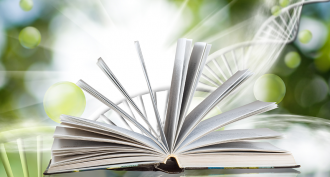 Genetics
GeneticsYour DNA is an open book — but can’t yet be fully read
There are many companies that offer to read your DNA. But be prepared: They cannot yet fulfill all those promises you read in their ads.
-
 Animals
AnimalsOrca snot leads to a whale of a science-fair project
DNA found in the mucus of orcas suggests that even though the traits of family pods may differ, these marine mammals all appear to belong to a single species.
By Sid Perkins